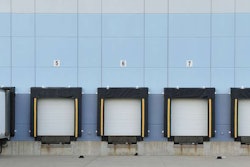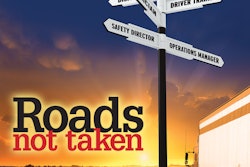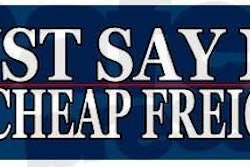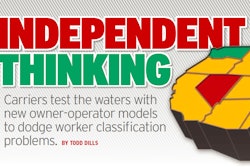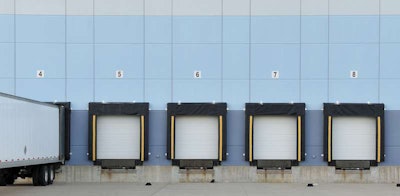
Freight forwarders are companies that specialize in arranging storage and shipping of merchandise on behalf of their customers. They physically take charge of merchandise and usually ship under their own bills of lading and provide preparation of shipping and export documents. Consolidation, transportation and and insurance of the freight is the responsibility of the forwarder. They also book cargo space and negotiate rates for transport.
The main difference between forwarders and brokers is that a freight broker never takes possession of items being shipped. By contrast, the forwarder takes possession of the items being shipped, arranges smaller shipments, and negotiates for the transportation of the consolidated shipments.
In the U.S., companies that handle domestic freight must register with the U.S. Department of Transportation’s Federal Motor Carrier Safety Administration, and are liable for delivery of freight under their own bill of lading.
Thomas Meadows and Company Limited of London, England, was one of the earliest established freight forwarders, opening in 1836, when the development of rail and steamship transport help birth the industry. Europe-North America trade cemented the model, and the forwarding business prospered.

Some common freight forwarding companies seen on the road every day are, DHL, UPS and CEVA. DHL consistently rates as the number one global freight forwarding company in the world, storing and transporting 2,447,000 metric tons of air freight alone in 2012.
A significant amount of truck transport in North America is handled by freight brokers who, simply stated, connect the shippers and the carriers as an intermediary. To operate, they must also register with the FMCSA, and carry insurance to protect their customers from loss. Some areas also require brokers to carry additional surety bonds. Broker agents are independent contractors who work as a representative of a broker.
For their efforts, freight brokers earn commissions.
The leading freight brokerage in the USA for 2014 was C.H. Robinson, followed by Total Quality Logistics, XPO Logistics and Coyote Logistics.

